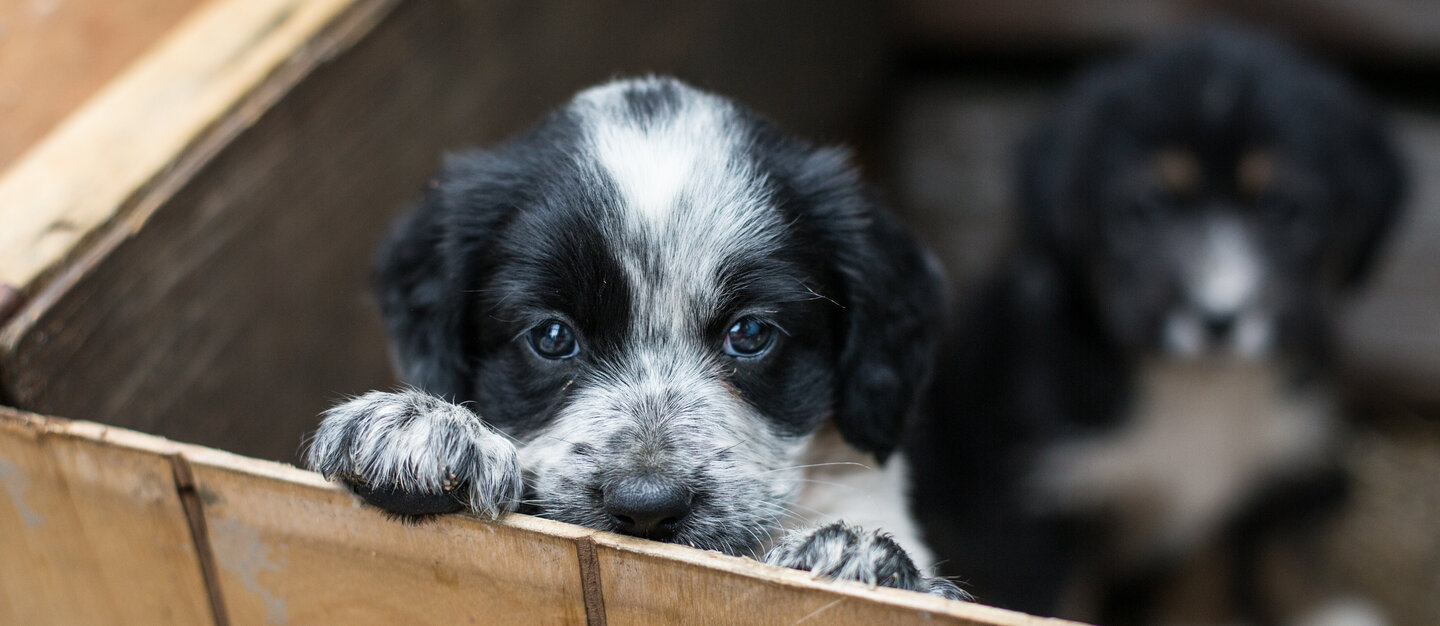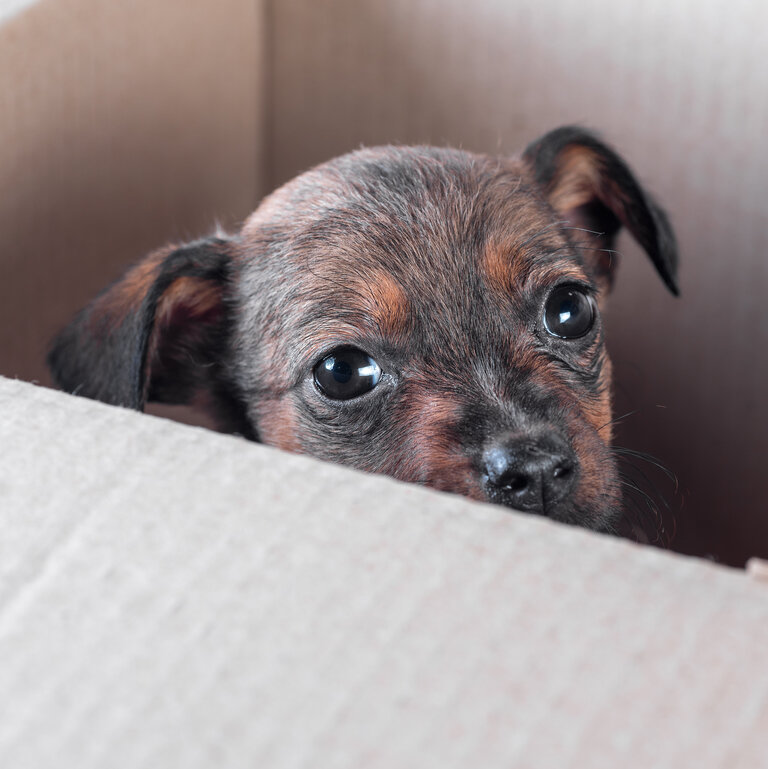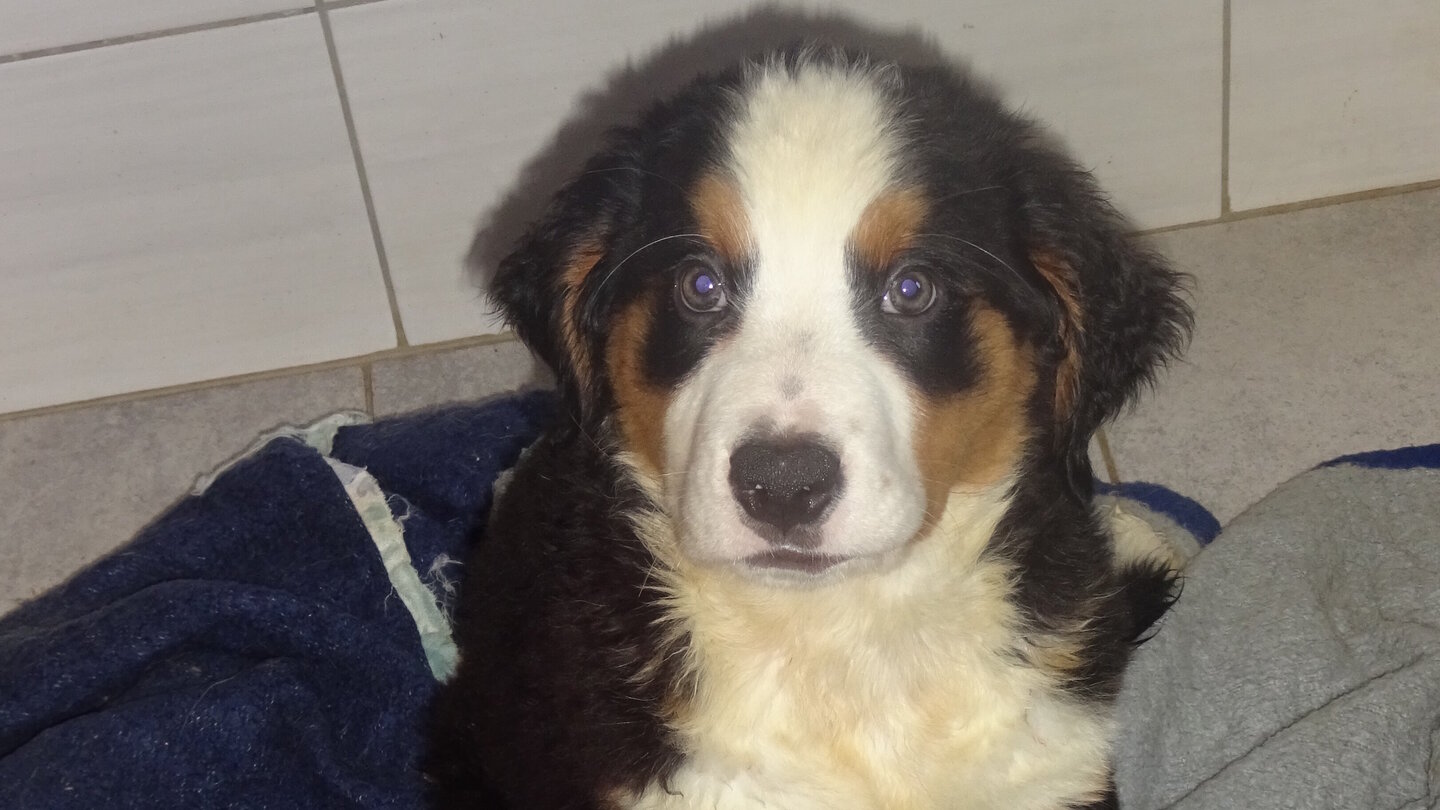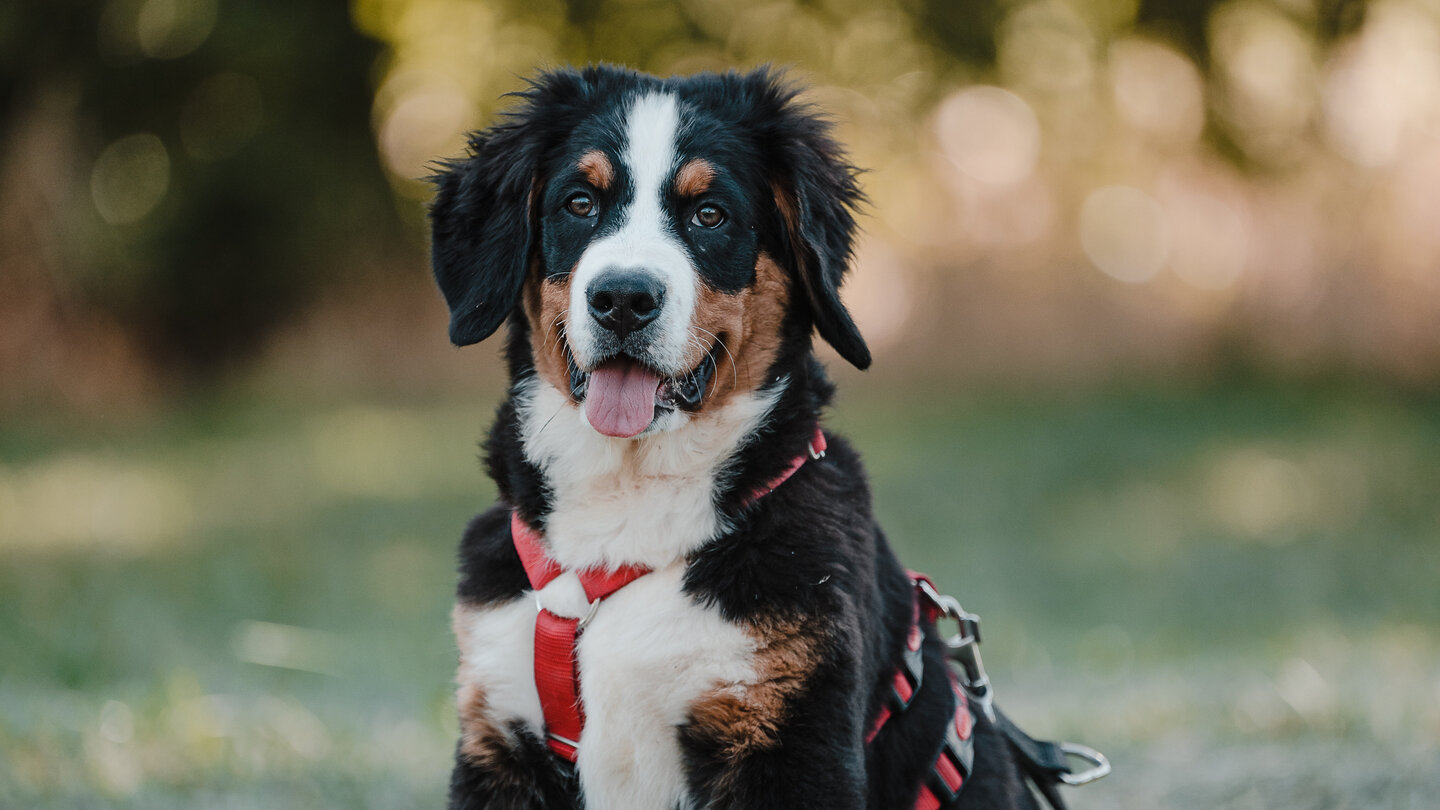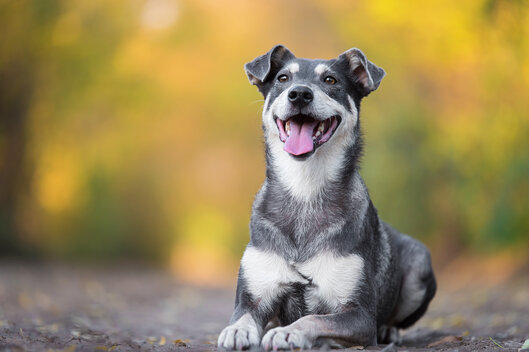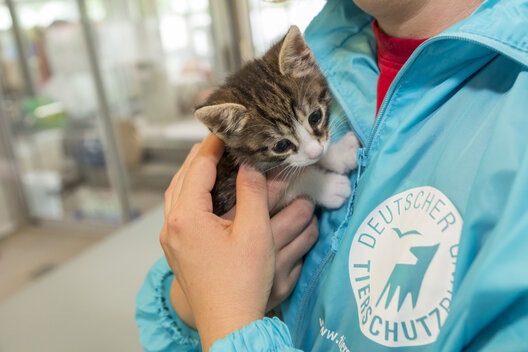Criminal online businesses: When young dogs become a commodityHow the illegal puppy trade works on the internet
It couldn't be easier to get your dream pet in just a few clicks. But the business with young animals on the internet is cruel. Both puppies and their parents suffer enormously. Dogs are most frequently affected, but cats are also victims of this unscrupulous business. Here's what you should know about the illegal puppy trade before you decide on an animal or if you discover suspicious offers.
If you want a puppy, you will quickly find what you are looking for on the Internet. However, professionally designed offers with pictures of cute young animals on classified ad portals, often conceal illegal puppy trade. The cute offspring are often particularly popular and sought-after breeds such as Maltese, Pomeranians and French Bulldogs. The dealers often charge several thousand euros per animal, similar to professional, reputable breeders. It is almost impossible to tell the difference between the ads. That's why you should generally stay away from online offers.
Illegal puppy trade in Germany
We recorded cases of illegal pet trading in 2023.
animals were affected - the majority of them dogs. The most common illegally traded breeds: Pomeranians and Maltese.
In over 87 percent of cases, sick animals were transported.
In 97% of cases, the confiscated animals were taken in and cared for in animal shelters and rescue centers.
You can find further figures on the illegal puppy trade in our current evaluation (available in German only).
Puppy trade starts in puppy factories
Most illegally traded dogs come from puppy factories in Eastern Europe. There, their mothers and fathers vegetate in small, filthy sheds. They often stand and lie in their own excrement. The animals often have to live without daylight and human attention. In particularly bad cases, they are forced to perform with hormones, kicks and electric shocks. The illegal animal traders snatch the puppies from their mothers after just a few weeks. Until then, they have had no chance to prepare their offspring for life.
Early separation from the mother can lead to behavioral disorders
Buyers who have opted for an animal from the internet despite warnings should be suspicious if the handover is not to take place at the mother's home but in public places, the puppies are young or sick and frightened and the dealers cannot provide proof of vaccination. A vet can roughly estimate the age of a puppy and will often also determine that the puppy is not microchipped. Under German law, puppies are not allowed to be separated from their mother until they are eight weeks old at the earliest. The early separation from their mother and siblings, the agonizingly long transport and the repeated changes of environment and caregivers take place during important phases of the puppy's development. This leaves its mark. Possible consequences can be behavioral problems or disorders that also manifest themselves in adulthood. If they reach adulthood at all.
Dead puppies are taken into account
The drivers secretly transport illegally traded dogs thousands of kilometers across borders from Romania, Bulgaria and Poland to Germany, Belgium or the Netherlands. The puppies are often terrified, sitting in boxes and cages that are too small and soiled by their own excrement, or hidden in car trunks and do not get enough water. This is very stressful for them. Because their immune systems are not yet fully developed, the animals often become seriously ill - or do not survive the transport.
Buyers are often overwhelmed by sick puppies
Many animals from the online trade are not sufficiently vaccinated and in many cases become infected before transportation. If they survive the journey, they often fall seriously ill afterwards. In their new home, they then gradually show the severe symptoms. Many puppies die despite intensive medical treatment.
Checklist: Recognize illegal puppy trade
You should be suspicious here, as it could be an illegal puppy trade:
- The traders do not want to hand over the puppy at their home or suggest public places.
- The puppy looks younger than stated online, appears weakened or ill.
- The animals have no papers or proof of vaccination or the documents do not appear plausible, e.g. because the age stated does not match that of the animal.
- There is no information or access to the mother animal. Or the animal presented is not the mother at all. Pay close attention to the relationship between the puppy and the adult animal.
Illegal puppy trade presents animal shelters with a mammoth task
Animal shelters repeatedly take in whole truckloads of confiscated and sometimes sick animals when the police intercept illegal puppy transports. This is when they reach their personal, psychological, spatial and financial limits. They are not always able to save all the animals. But the trade continues unabated - as long as people continue to opt for the supposedly simple option of buying animals online. And as long as legislators do nothing to stop the illegal puppy trade. That is why it is so important to educate people about the trade in animals on the internet and the illegal puppy trade and to take action against it. You can support us.
How you can help:
- Do not order/buy animals on the Internet. If you want a dog or cat, there are many wonderful animals waiting for a loving new home in the local animal shelters. The shelter staff will do their best to find the right companion for you.
- Report suspicious sales. Have you become a victim of illegal traders or have you heard about it from someone around you? Report this to the veterinary office or the police.
- Inform those around you. Are family members, friends or acquaintances thinking about getting a dog or cat and looking for suitable offers on the internet? Tell them about the unscrupulous business with dogs and cats or share information about it on social media.
- Help us with your donation to support the animal shelters that often take in many illegally traded and confiscated puppies. In such emergency situations, the German Animal Welfare Federation steps in quickly and unbureaucratically with a grant from the animal shelter emergency aid. Many animal shelters would otherwise not be able to cope with the financial burden. With your donation, you ensure that every victim of the illegal puppy trade receives food, care and medical treatment.
This is what the German Animal Welfare Federation demands
Legislation must prohibit the trade in live animals on the internet. Exceptions may therefore only apply to animal shelters that present their residents on reputable websites and place them in person on site.
This allows authorities such as the police and customs authorities to determine at any time from which country and from which breeder an animal originates and who was previously its owner. To this end, all dogs and cats must be uniquely identified and registered and the registration portals must be networked.
It is necessary in order to catch the breeders, drivers and the people behind the scenes. This includes more checks and tougher penalties for offenders.
This is because they incur high costs in caring for the puppies. However, the responsible authorities often do not fully cover these costs. Legally binding regulations are needed to ensure that they cover these costs in full and animal shelters are not left to foot the bill.
You can also find further information on the online trade in animals and animal products in our position paper (available in German only).

